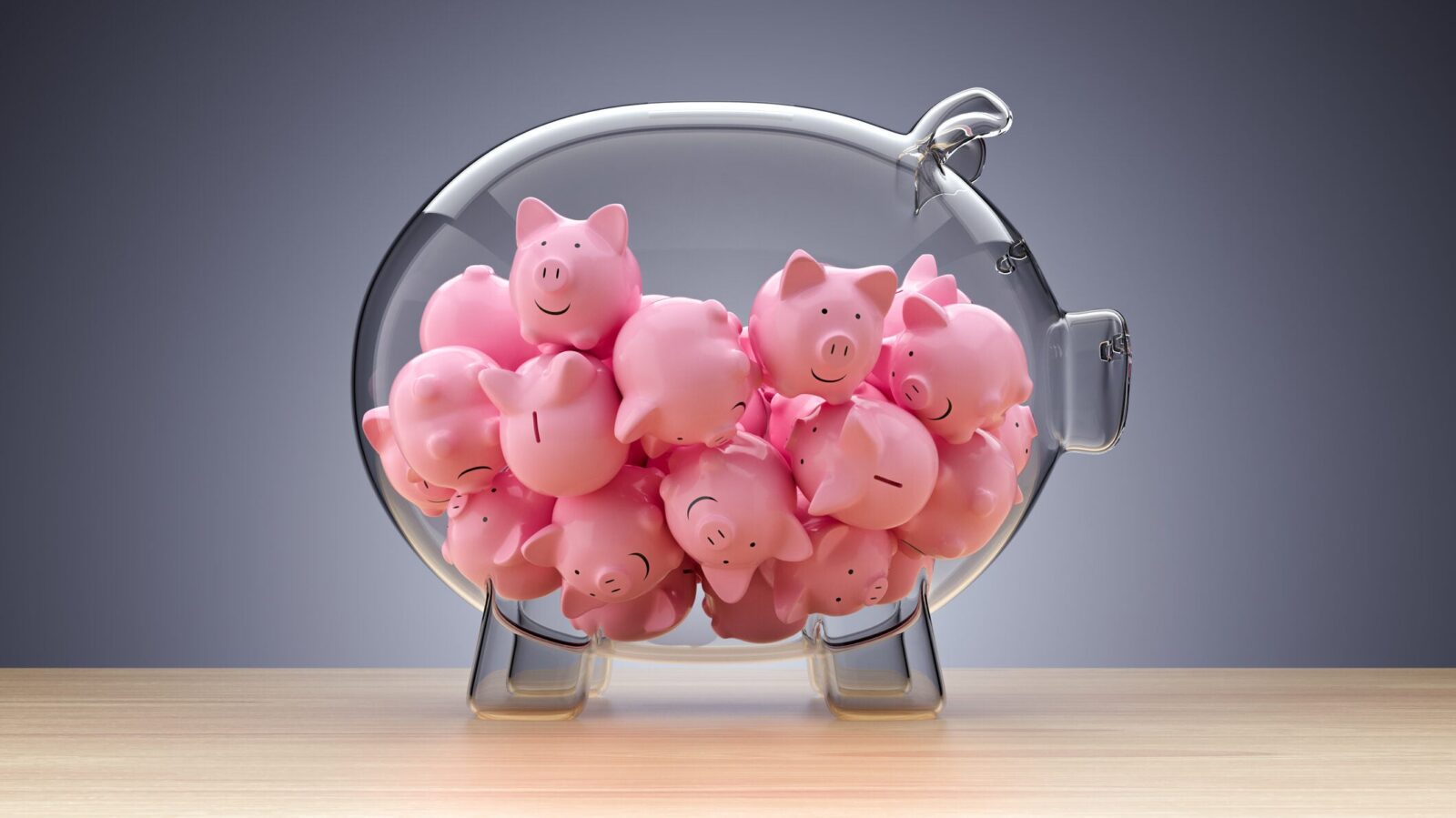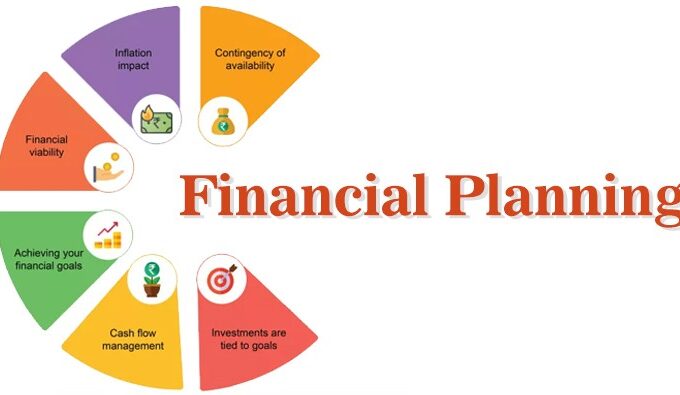The number of bank accounts you should have depends on your financial needs and goals. Having multiple accounts can help you track spending and savings, while also providing peace of mind that your money is safe in the event of a financial emergency.
In addition, separating your accounts can help you avoid fees from overdrafts and minimum balance requirements. However, the number of accounts you have should also match your lifestyle.
Checking accounts
Whether you want to deposit your paychecks, pay bills online or make transfers to friends and family, checking accounts are a common tool for everyday cash management. Different banks offer a variety of checking accounts with different fees, features and ways to spend, deposit, save and earn money. Here’s how to choose the right one for your needs.
A basic checking account allows you to withdraw funds from a bank and spend directly, using paper checks or debit cards. This type of account is offered by many financial institutions and is federally insured up to $250,000. A traditional checking account typically pays no interest, while premium options may offer fee waivers, ATM fee refunds, or higher interest earnings.
In addition to checking accounts, banks also offer savings accounts for storing short-term money. You can use these accounts to save money for emergencies or specific goals. Some households maintain both a checking and a savings account to separate recurring expenses from variable spending. Money coach Ohan Kayikchyan recommends that you maintain at least two banking accounts to organize your money and reduce fees.
Some people also maintain business checking and savings accounts for tax purposes and to make it easier to track business expenses. This way, they can separate personal and business expenses, which makes it easier to file taxes.
Savings accounts
Savings accounts offer an excellent place to park money you don’t need for daily spending. They typically earn a higher interest rate than checking accounts and are an excellent option for building an emergency fund or saving for a short-term goal, like a vacation. The best savings accounts feature competitive interest rates and low fees. You should also look for a bank that offers multiple banking options, including mobile apps and in-person access.
The number of savings accounts you need may depend on your budgeting and financial goals. For example, a separate account for spending money can help you avoid overspending, and it may be easier to track your savings goals with multiple accounts. You may also want to open a joint account with a spouse or domestic partner to split household expenses and savings more evenly. Moreover, having multiple accounts can make it easier to keep track of your accounts and avoid paying maintenance fees when you don’t meet minimum balance requirements.
When choosing a savings account, consider the following factors: account purpose, interest rates, fee schedules, transfer limits and minimum balance requirements. Also, check the account reputation and reviews. Finally, look for a community bank or online bank, which tend to charge lower fees than big brick-and-mortar institutions. You should also check if the bank is federally insured by the FDIC or NCUA.
Money market accounts
Money market accounts are a great option for anyone who wants to earn interest on their savings. These accounts offer more flexibility than traditional savings accounts and allow you to make limited withdrawals through ATM or in-person transactions. However, they typically have lower interest rates than regular savings accounts, and they may have minimum balance requirements or monthly fees.
Money markets are also a good choice for those with short-term saving goals, such as an emergency fund or vacation. They provide a happy medium between the higher rates offered by savings accounts and the convenience of checking. However, if you have a longer-term goal in mind, it might be better to save in a tax-advantaged investment account, such as an IRA or 529 plan, which can offer high returns and special tax benefits.
When shopping for a money market account, look for a bank or credit union that offers a competitive APY and low fees. You should also consider how many times you will need to access the funds in your account. The more often you withdraw money, the less likely you are to earn a competitive yield. Cashier’s checks can be useful when making payments between people who don’t know each other well, such as when buying or selling goods on an auction website.
Money market accounts typically pay a variable interest rate, which can change over time. The APY you receive is calculated on the amount of money you deposit and how much interest it earns in a year. The rate can vary from one financial institution to the next, depending on how the Federal Reserve sets its interest rates.
Certificates of deposit
There are no set rules on how many bank accounts a person can have. The number varies depending on the individual’s financial needs and goals. Some consumers find it beneficial to have multiple checking and savings accounts. However, it can be difficult to manage a large number of accounts. It may also be difficult to meet minimum balance requirements.
It is important to find a way to track spending and budgeting with a variety of techniques. A financial planner can help individuals develop a comprehensive financial plan to achieve their goals. This can include strategies for banking effectively. This could include establishing different accounts for specific purposes, such as the High-5 Banking Method. This involves holding two checking and three savings accounts to track individual budget areas.
One account would be for necessities, such as rent, utilities and credit card payments. Another account would be for “wants.” This includes money for hobbies, vacations and other discretionary expenses. Finally, a third account would be for long-term savings goals like a house or college tuition.
It is important to understand that having multiple accounts increases the risk of being hacked and losing money. It is also important to be mindful of fees and minimum balances. The amount of money you can save in a savings account is limited by FDIC rules, and you must be careful not to exceed these limits.

















Leave a comment